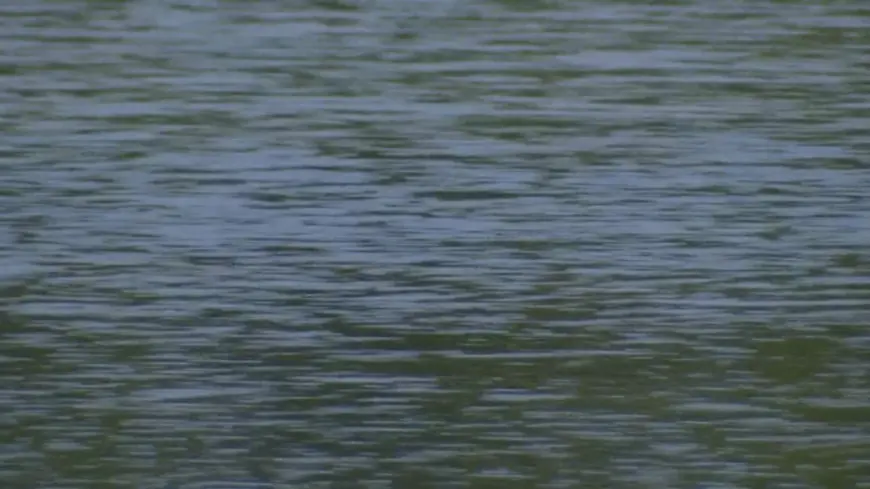‘Noxious weed': Invasive plant banned in Illinois discovered in area waterway
Illinois officials are investigating after “one of the world’s worst aquatic weeds” was discovered in a suburban waterway. According to an alert from the Illinois Department of Natural Resources, naturalists discovered Hydrilla growing in a waterway in suburban DuPage County. The reported cluster of Hydrilla is only the second known instance in the state of Illinois, according to an alert. The weed is illegal to buy, sell or transport in the state of Illinois, and may have inadvertently been released from a homeowner’s aquarium or water garden, according to the alert. Hydrilla can grow up to an inch per day and forms dense mats of vegetation, which can have devastating consequences for fish and for other aquatic life, officials said. It can also have significant impacts on boating, swimming and even property values of nearby homes. Worse, efforts to control and eradicate the weed are extremely difficult, and can cost millions of dollars, according to officials. According to IDNR, the weed can closely resemble that of a species known as Elodea, but residents are urged to contact authorities immediately if they suspect they have seen the dangerous plant. Hydrilla can be identified by its pointed, bright green leaves, which feature small teeth on their edges. Leaves grow in whorls of 3-to-10 around the plant’s stem, according to the Hydrilla Collective. The plants can grow even in low-light levels, giving it an advantage over other aquatic life, according to officials. Residents are asked to help prevent further spread of the plant by drying equipment thoroughly after going out on the water, and to remove all plants, animals and mud from equipment after use. They are also asked not to dispose of plants or animals from aquariums or water gardens into bodies of water. Anyone with information on the invasive plant is asked to contact DNR officials immediately.

Illinois officials are investigating after “one of the world’s worst aquatic weeds” was discovered in a suburban waterway.
According to an alert from the Illinois Department of Natural Resources, naturalists discovered Hydrilla growing in a waterway in suburban DuPage County.
The reported cluster of Hydrilla is only the second known instance in the state of Illinois, according to an alert.
The weed is illegal to buy, sell or transport in the state of Illinois, and may have inadvertently been released from a homeowner’s aquarium or water garden, according to the alert.

Hydrilla can grow up to an inch per day and forms dense mats of vegetation, which can have devastating consequences for fish and for other aquatic life, officials said. It can also have significant impacts on boating, swimming and even property values of nearby homes.
Worse, efforts to control and eradicate the weed are extremely difficult, and can cost millions of dollars, according to officials.
According to IDNR, the weed can closely resemble that of a species known as Elodea, but residents are urged to contact authorities immediately if they suspect they have seen the dangerous plant.
Hydrilla can be identified by its pointed, bright green leaves, which feature small teeth on their edges. Leaves grow in whorls of 3-to-10 around the plant’s stem, according to the Hydrilla Collective.
The plants can grow even in low-light levels, giving it an advantage over other aquatic life, according to officials.
Residents are asked to help prevent further spread of the plant by drying equipment thoroughly after going out on the water, and to remove all plants, animals and mud from equipment after use. They are also asked not to dispose of plants or animals from aquariums or water gardens into bodies of water.
Anyone with information on the invasive plant is asked to contact DNR officials immediately.
What's Your Reaction?









































































































